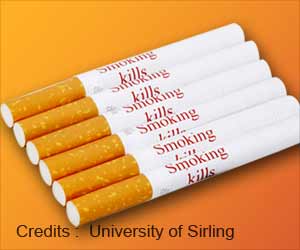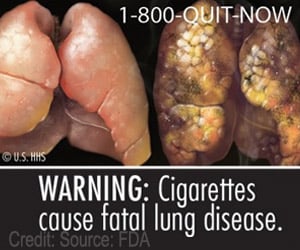A Finnish study of heavy drinkers has shown that a craving-curbing drug has the potential to counter problem drinking.
A Finnish study of heavy drinkers has shown that a craving-curbing drug has the potential to counter problem drinking.
During the study, published in Alcoholism: Clinical & Experimental Research, 403 participants were administered either a placebo or the drug nalmefene on an “as needed basis”.It was observed that people who received the drug whenever they felt the desire to imbibe reported fewer heavy drinking days each month than drinkers who took a look-alike placebo pill.
However, there were reductions in heavy drinking days in both groups.
“It has a robust and sustained effect in reducing harmful heavy drinking in a large study population. Alcohol problems have huge negative impacts on the well-being of individuals and families and cause enormous costs to society due to lost working days, accidents, treatment of alcohol-related disease, etcetera,” said researcher Sakari Karhuvaara.
Before the study, patients assigned to nalmefene treatment reported 15.5 average heavy drinking days each month. During the first three months of treatment, the average number of heavy drinking days reduced to 8.6 to 9.3 in the group.
The drinkers assigned to the placebo group averaged 16.2 heavy drinking days a month before the study, and 10.6 to 12.0 during the trial.
Advertisement
“I wish they’d done an analysis to see if the people who suffered those side effects were the same people who drank less. Perhaps some of the reduction in drinking may have been because they didn’t feel so good, rather than because the drug just took away an urge to drink,” alcohol researcher Raymond Anton said.
Advertisement
“Alcohol dependence is nowadays recognized as a chronic, recurring disorder where relapses almost inevitably occur during and after the treatment,” he said.
He insisted that focusing on harm reduction in the short term is often much more feasible than complete abstinence.
Source-ANI
LIN/M











